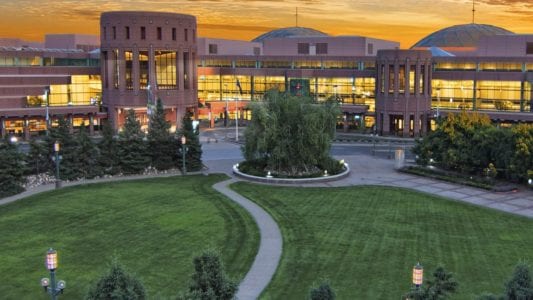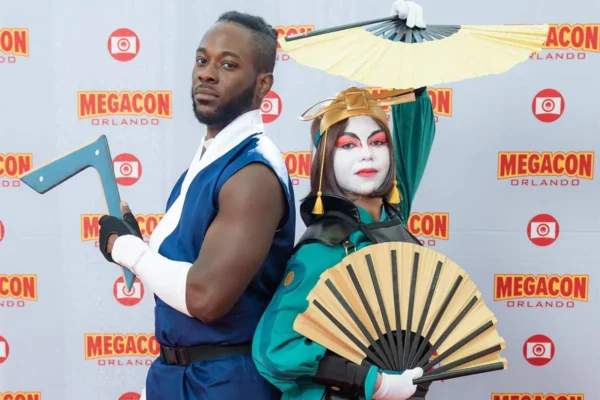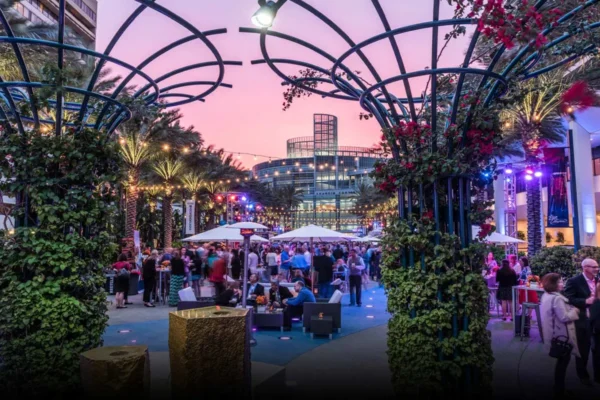 When someone says, “Minneapolis,” what comes to mind? I’ll bet it isn’t the Mississippi River. The Mighty Mississippi is a shining ribbon that unfurls from a glacial lake in Northern Minnesota, winds through the Twin Cities of Minneapolis and Saint Paul, and eventually, finds its way to the Gulf of Mexico.
When someone says, “Minneapolis,” what comes to mind? I’ll bet it isn’t the Mississippi River. The Mighty Mississippi is a shining ribbon that unfurls from a glacial lake in Northern Minnesota, winds through the Twin Cities of Minneapolis and Saint Paul, and eventually, finds its way to the Gulf of Mexico.
Minneapolis is a vibrant river city, where history, the arts, shopping, professional sports teams and the highest concentration of Fortune 500 companies in the nation converge to form a delightfully rich environment. It is also called the “City by Nature” for its association not only with the river, but also a chain of lakes, 200 miles of walking and bike paths, and numerous parks and public spaces. This is a community that values its natural resources, and the Minneapolitan commitment to sustainability is reflected in many green initiatives, including the Minneapolis Downtown Improvement District (DID), which is working to make a 120-block area cleaner, safer and greener.
Among the sites included in the DID is the Minneapolis Convention Center (pictured above right), with its 3,400 fixed-seat auditorium, 475,000 square feet of exhibit space, 87 meeting rooms and 28,000-square-foot/55,000-square-foot ballrooms. The MCC is the largest convention center in the Upper Midwest and was named a 2014 leader in sustainability by the Green Meeting Industry Council. The MCC has also achieved Level One certification to the ASTM Standard pertaining to the Evaluation and Selection of Venues for Environmentally Sustainable Meetings, Events, Trade Shows and Conferences. This is one of nine standards introduced in 2012 to provide event planners and suppliers with benchmarks for producing environmentally conscious events.
The MCC has installed 2,613 rooftop solar panels that generate 750,000 kilowatts of renewable energy annually. The Center also plans to decrease energy usage 20 percent by 2020 through installation of a new HVAC system and LED lighting throughout the building. A pollinator garden of native plants is pest tolerant and resistant; requires less irrigation and maintenance; and draws butterflies and bees. A rainwater storage system feeds the grounds, and by 2020, the MCC means to reduce overall water use by 20 percent.
In response to the increasing demand for sustainable food choices, the MCC’s kitchens provide locally sourced, organic, vegetarian and gluten-free selections. Cooking demonstrations are also available for groups. Kelber Catering and the MCC work together to give back to the community by sending table scraps to local hog farms, turning cooking oil into soap and donating surplus meals to local churches.
Through the MCC’s network of community partners, visitors can incorporate philanthropic activities in their meeting plan, including packing nutritious meals or building bikes for underprivileged children, and collecting excess trade show products for the community.
The DID encompasses numerous event venues, both large and small. Just a few blocks away from the MCC is another green mega-venue, Target Center – home of Minnesota’s NBA and WNBA teams, the Minnesota Timberwolves and Lynx. Target Center is the 6th busiest building in the nation, and 17th busiest in the world, with facilities to accommodate sports, shows, special events and meetings.
The venue is managed by AEG Facilities and participates in AEG’s corporate environmental sustainability program, AEG 1EARTH. In 2009, Target Center became the 1st arena in North America to install a green roof. It is the fifth largest green roof in the nation and captures nearly 1 million gallons of storm water to prevent drainage into the Mississippi River. The Center is currently undergoing a comprehensive renovation that will place it among the world’s cutting edge venues, with sustainability top of mind.
Even when temperatures in Minneapolis are frosty, this thriving City by Nature exudes welcome and warmth. Consider making the Twin Cities your next green destination.
Green Quote: Native Minnesotan, Walter Mondale, served as Vice President to our nation’s 39th President, Jimmy Carter. A lifelong humanitarian and environmentalist, Carter said: “Like music and art, love of nature is a common language that can transcend political or social boundaries.”































